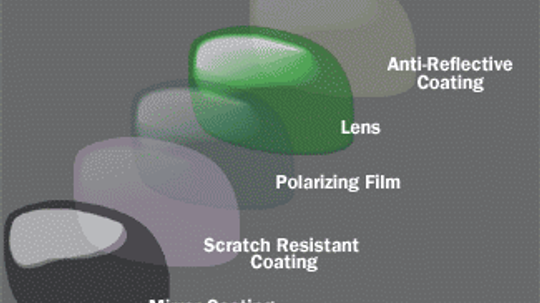Science Questions
Science questions are a fun and interesting way to learn about planet Earth, organisms and the universe. In this section you'll find an incredible collection of science questions covering a wide variety of topics.

10 Nobel Laureates Whose Work Changed the World
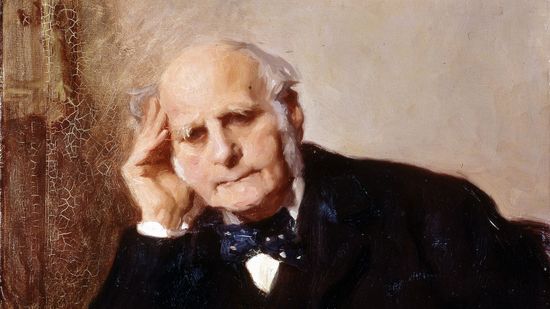
Eugenics Overshadows the Legacy of Scientific Genius Francis Galton

Jane Goodall: A Global Face for Global Peace

Who Made Fanta? Was It Really the Nazis' Favorite Soda?

'Mad Honey' Comes From Bees That Gather This Specific Nectar

Barrels and Barrels of Aged Beer

Who Invented the Toilet? A Brief History of the Flush
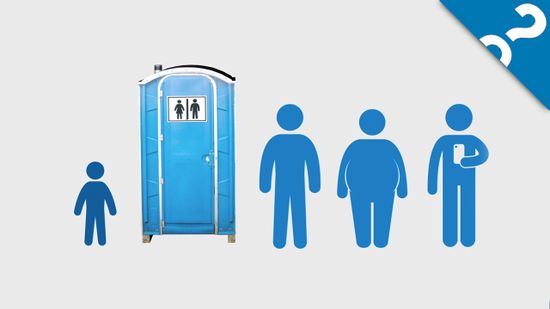
HowStuffWorks: How Porta Potties Work

Who invented sports drinks?

Meet the Man Who Invented Cool Whip, Tang and Pop Rocks
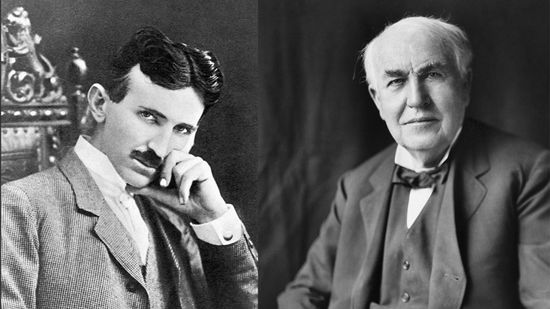
Thomas Edison vs. Nikola Tesla Quiz

Rube Goldberg: The Man Behind the Ingenious Contraptions

The Evolution of Dictaphones: A Comprehensive History

The Evolution of the Franklin Stove: From Invention to Modern Efficiency

The Fascinating History of the Mimeograph Machine

5 Green NASA Inventions

5 Types of NASA Technology in Your Attic

How Has NASA Improved Solar Energy?

How hard is the patent application process?

How to File a Patent
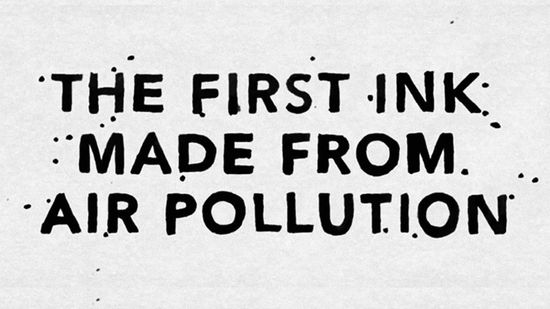
Turning Air Pollution Into Ink

10 New Uses for Old Inventions

How Do QR Codes Work? 2D Barcodes Explained

How can a bar code save your life?
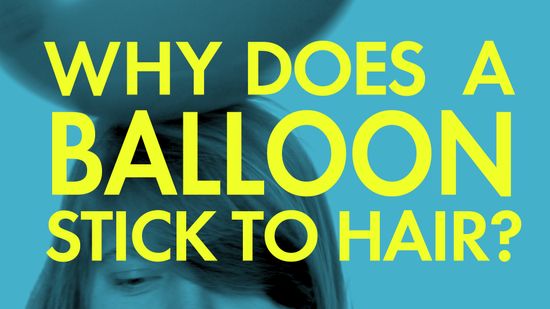
Why does a balloon stick to hair?

Why Do We Experiment on Mice?

10 Black Scientists You Should Know
Learn More
Before you hurriedly unwrap a stick of gum and twist the foil around the closest blown fuse, you may want to consider a few things. You could have a fixed fuse -- or a full-blown fire.
How do scratch-and-sniff stickers work? What makes them last for years and years?
How does a ball point pen work?
Advertisement
You know that bumper sticker that says "Shoot your TV"? Click here to find out what would happen if you actually tried it (it's best to let us do the dirty work).
I have been smoking for 50 years and have always wondered why cigarettes have filter tips. I can remember when none of the cigarettes on the market had filters, and now nearly all of them do. Does the filter do anything?
How does chlorine work to clean swimming pools?
I live in California, where we are having a power crunch. I have a hypothetical question: Could I power my computer or my TV with a bicycle generator?
Advertisement
Crayola crayons have nurtured childhood creativity and remained safely edible for over 100 years. Now learn their story- how they originated in the 19th century, how they've changed, and we'll even tell you how old that familiar label is.
You can find glow-in-the-dark item everywhere these days. Have you ever wondered how these items produce their light? Find out the answer to that question in this article.
The lead in a pencil is not actually lead. It is a mixture of graphite and clay, but have you ever wondered how they get the lead inside a wooden pencil. Find out how pencils are constructed in this article from HowStuffWorks.
How does a Dippy Bird work?
Advertisement
My glasses have an anti-reflective coating. How does that work?
Touch-sensitive lamps is explored in this article from HowStuffWorks. Learn about touch-sensitive lamps.
There's a candy called 'Pop Rocks.' When you put it in your mouth it makes a loud popping sound and it feels really weird! How do Pop Rocks work?
Hydrogen peroxide is something that is used to clean cuts. Have you ever wondered why it foams when placed on a cut? Learn about hydrogen peroxide.
By Yara Simón
Advertisement
Yesterday you talked about hydrogen peroxide, and the day before you talked about Pop Rocks candy. Since we are talking about things that fizz, what about Alka Seltzer? How does it work and why does it fizz?
Many of the things I buy contain little packets of crystals. Some of them actually say "Silica Gel" on them, but many are unlabeled or say something like, "Do not eat." I have found these packets in electronics, vitamins and even in some pepperoni I
How do chickens create eggs? Does the chicken's body make the shell and fill it with the white and yolk somehow, or does it make the white and yolk and then somehow wrap the shell around it?
Dry ice is frozen carbon dioxide that's used in everything from transporting goods to removing skin imperfections. Learn more about dry ice and how to use this versatile compound effectively and safely.
Advertisement
I'm having T-shirts printed, and the people at the shop keep talking about "silk-screening." How does silk-screening work?
A nautical mile is used for navigation at sea. It is a unit of measurement based on the circumference of Earth. How does it relate to a standard mile and a kilometer?
By HSW Contributors
A man has a gun. But this is no ordinary man, and this is no ordinary gun. This isn't a setup for a sci-fi thriller. It's the premise for quantum suicide.
By Josh Clark
You stay behind at work and agree to close up alone. You go into the walk-in freezer to put away some food, and the door shuts behind you. You do everything you can think of, but you can't get it open. Now what?
Advertisement
In movies, bad guys can take over an airplane and start shooting up the place. Wouldn't the plane explode or depressurize as soon as the bullet pierced its skin?
How can my glasses change from transparent, when I'm inside, to dark when I go outdoors?











